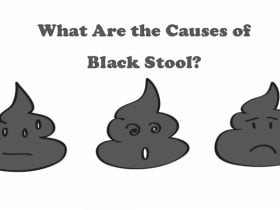Potassium [1] is one of the body’s essential minerals that is important for the healthy functioning of the body. It helps to control muscle contractions, normalizes the brain functioning mechanism as well as the entire nervous system, and regulates fluid balance in the body. Nevertheless, numerous studies have shown that a deficiency of this mineral occurs (especially in the cold season) in most of the population of our planet.
This macronutrient is found in many foods (melon, avocado, banana, white beans, etc.). But even if a person consumes the recommended rate of potassium (4700 mg per day), he/she may experience a deficiency of this macronutrient in the body nonetheless. Why is this? The fact is that the more sodium a person consumes, the more potassium that is excreted from the body. Signs of low potassium levels are not always easy to recognize, so if any of the following symptoms occur, you should see your doctor to determine the cause, which may be potassium deficiency.
What are the signs to recognize the lack of potassium in the body? The list below describes the most likely symptoms you may experience.
Chronic Fatigue and Weakness

Every cell in the human body needs a certain amount of potassium, so a long-term deficiency can manifest itself in a feeling of constant fatigue. Chronic fatigue [2] and weakness during the day may be the first signs of potassium deficiency. Since the mineral regulates muscle contractions and brain function, its lack causes weakness throughout the body and impaired brain activity (thoughts process seem to slow down and the ability to concentrate reduces). In addition, with a deficiency of potassium, the body will begin to distribute nutrients in a different way, which again leads to weakness.
If a person begins to feel exhausted even with enough sleep, then it is possible that they are not getting enough potassium from their diet.













